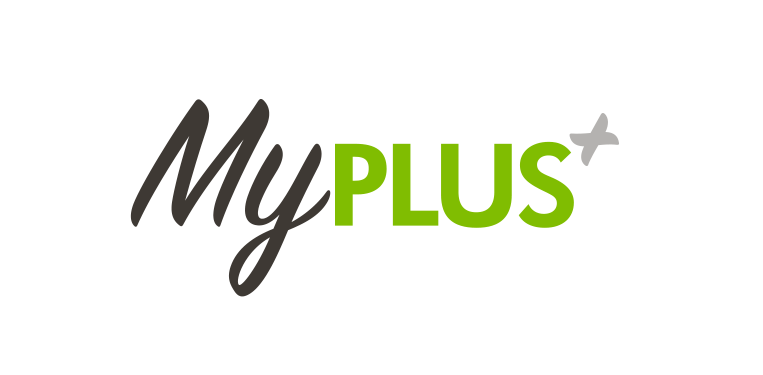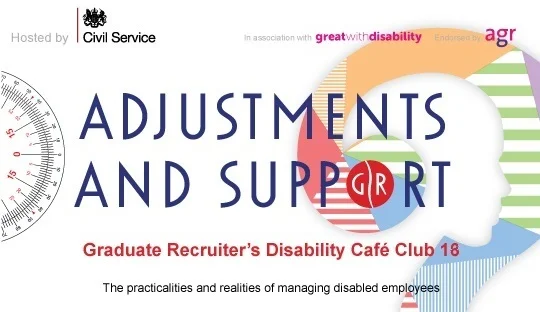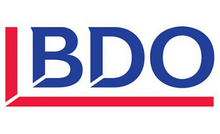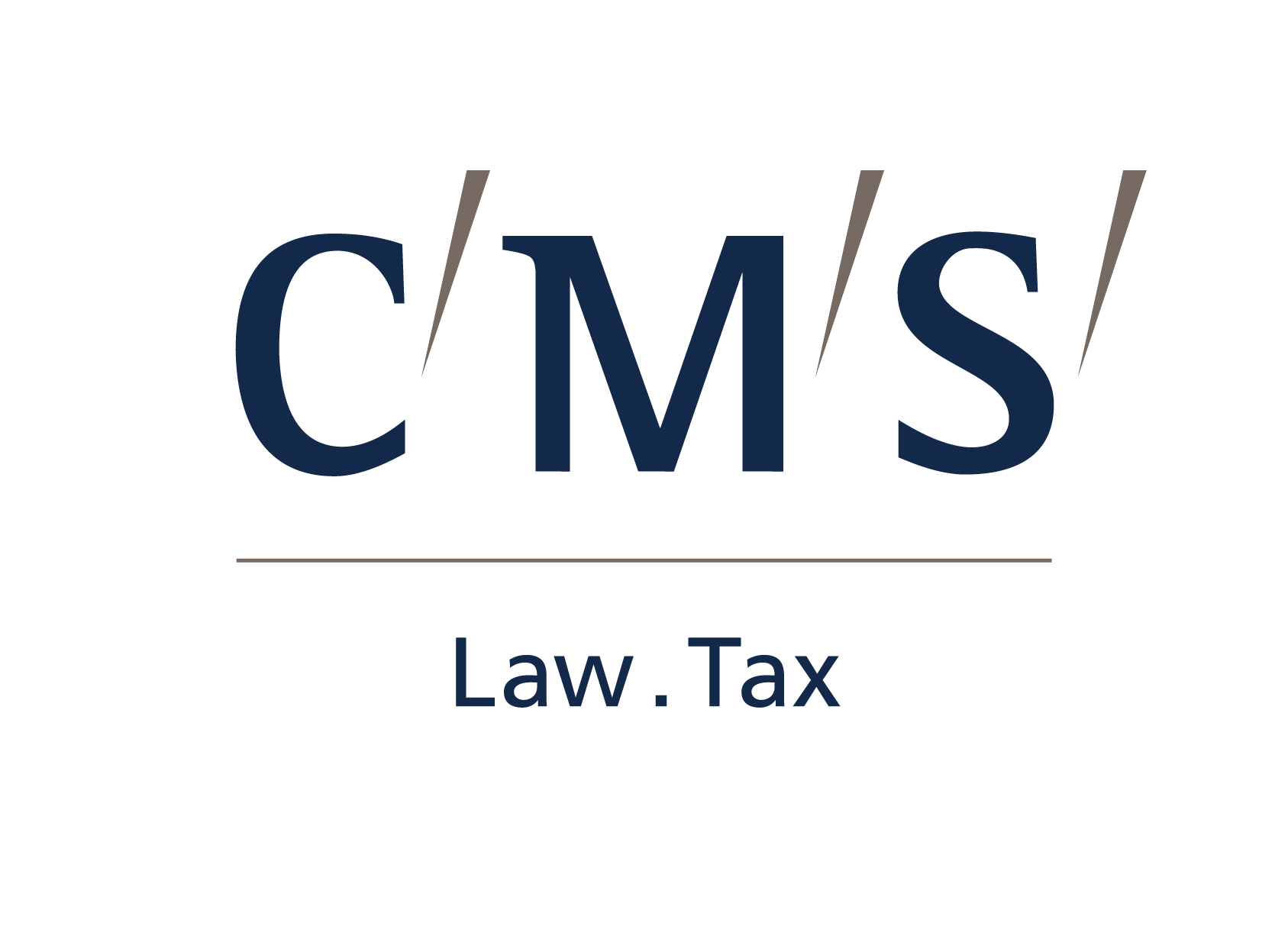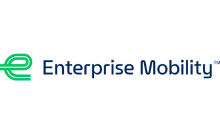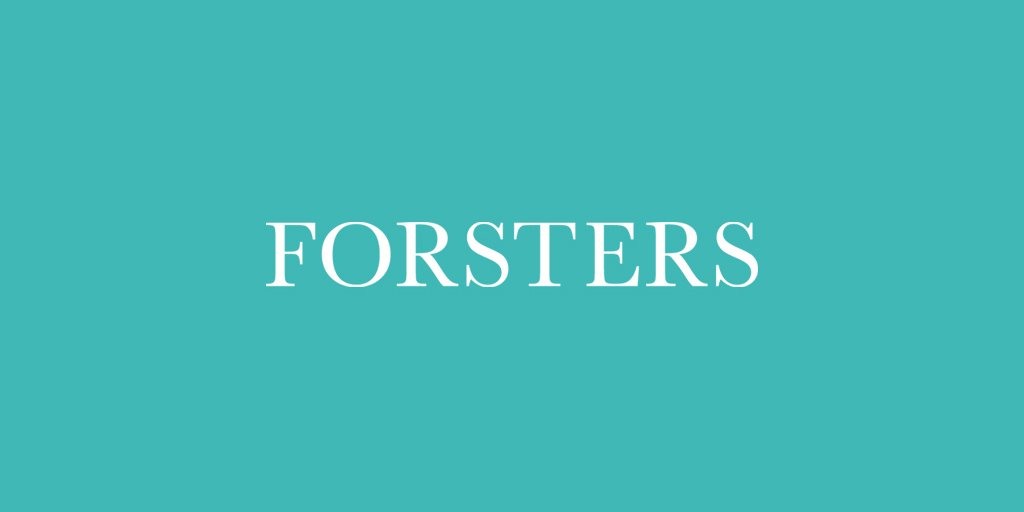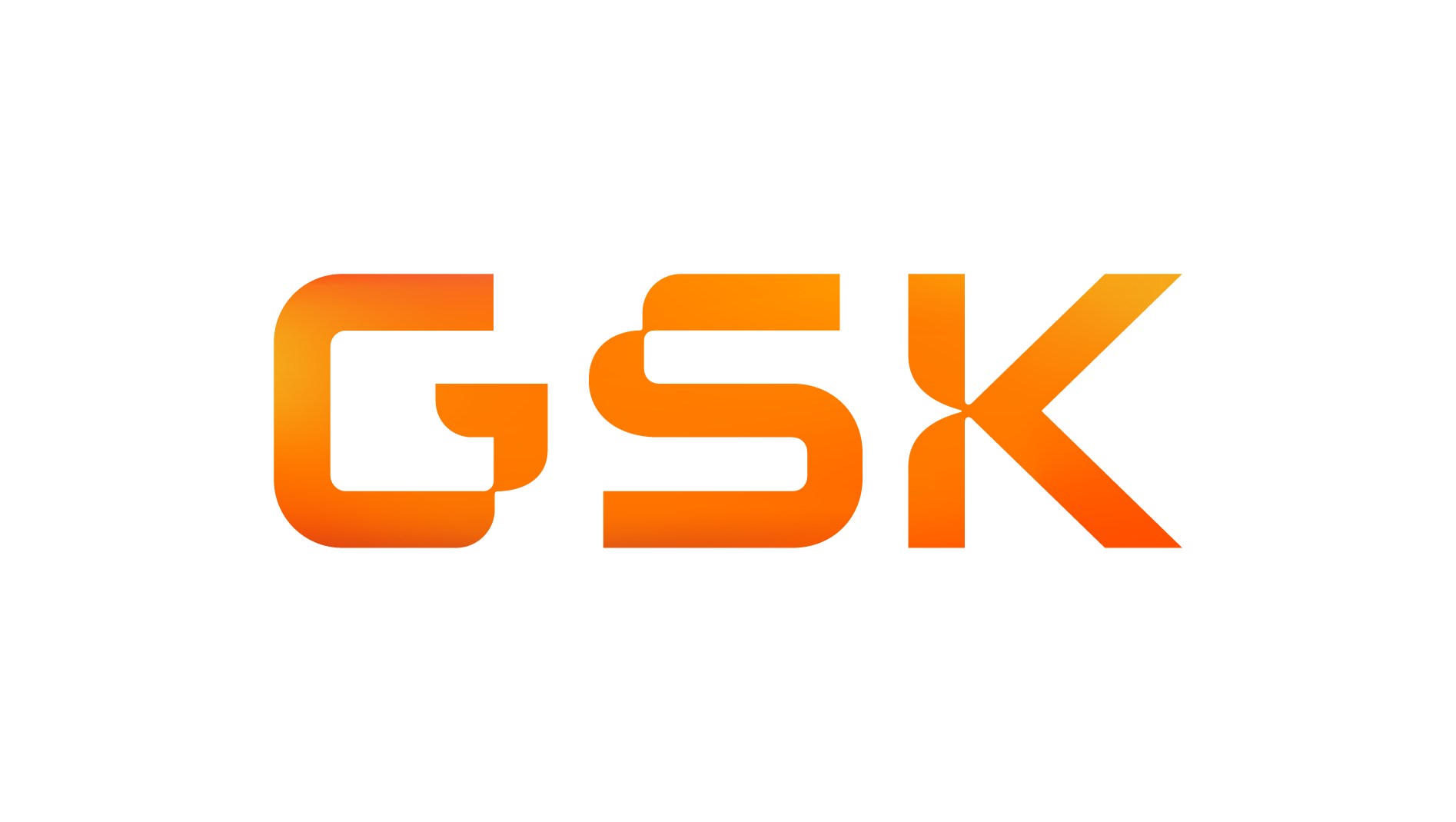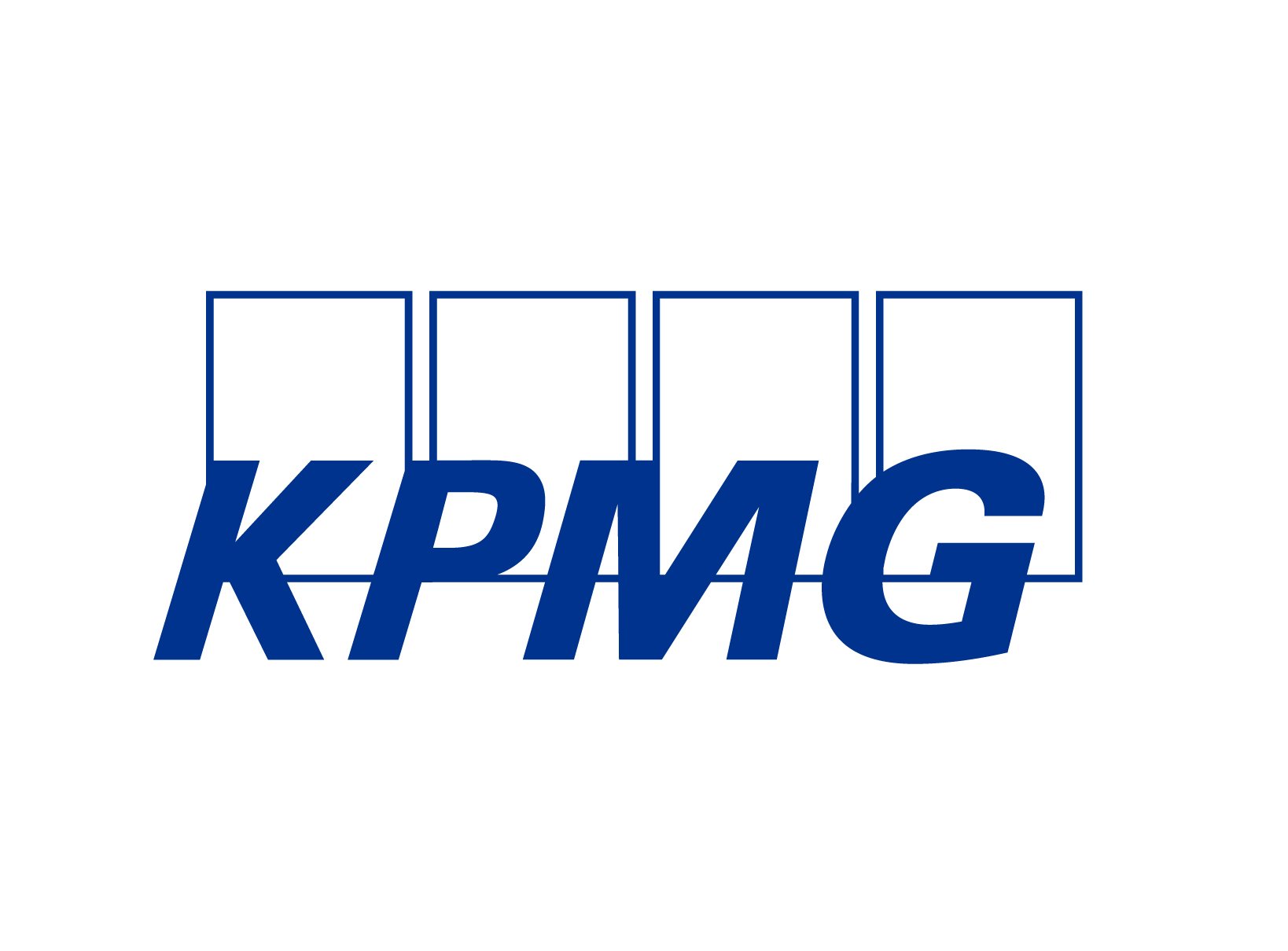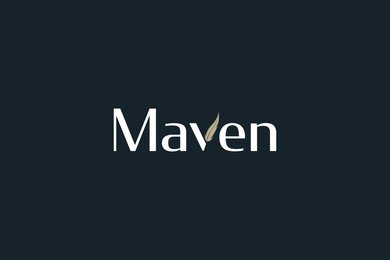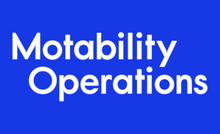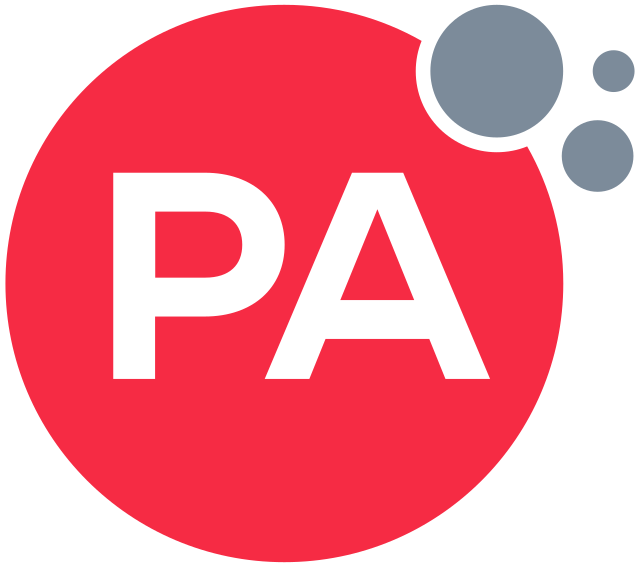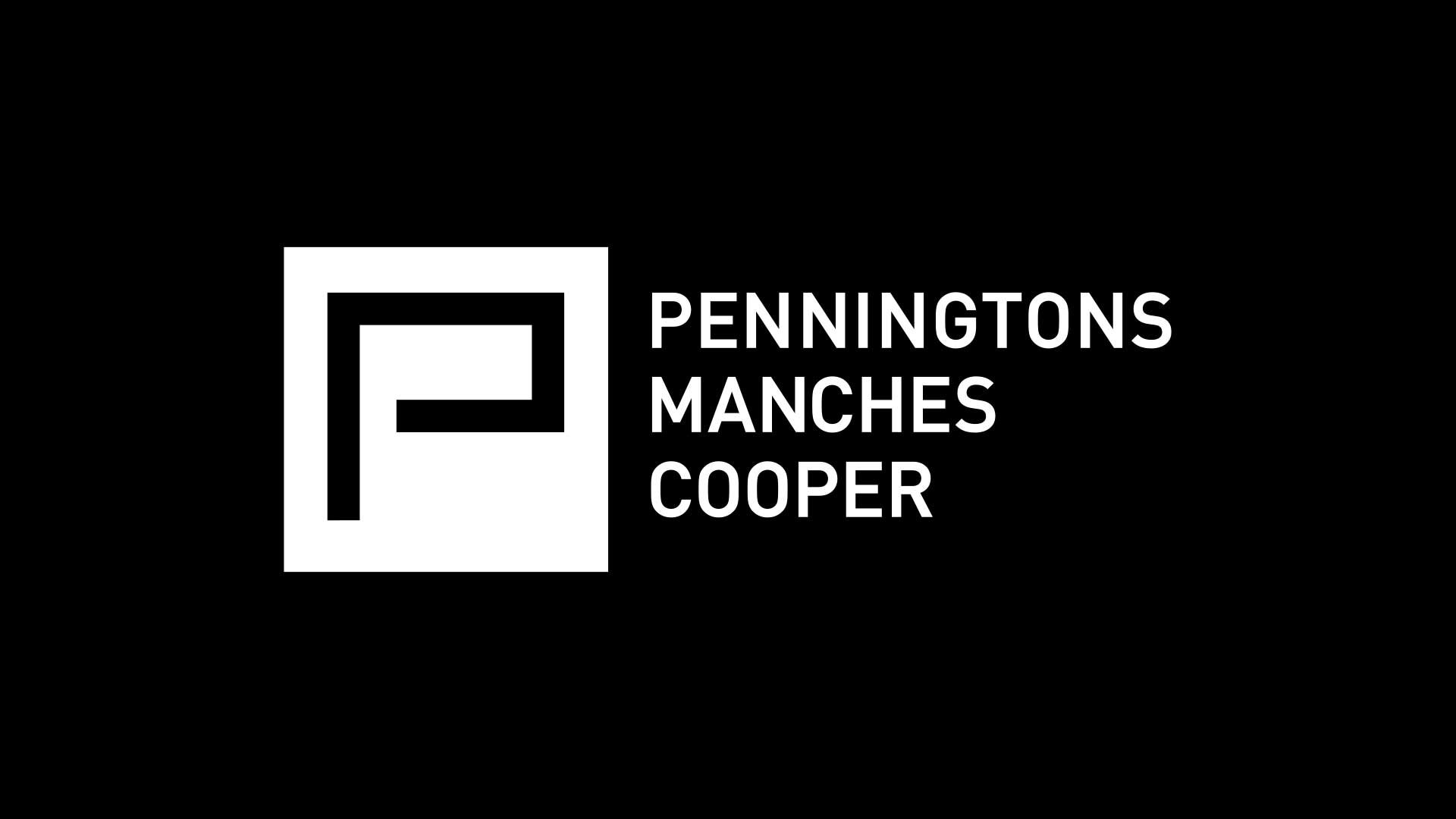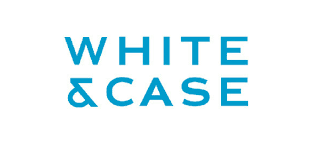Graduate Recruiter’s Disability Café Club 18 (GR’18)
Hosted by Civil Service
Just think what it would be like for someone who uses a wheelchair to have it taken away. Or for a blind person not to have their guide dog. Or for someone with a hearing impairment not to have a sign language interpreter.
In all these situations a capable, independent person would find themselves unable to function in the way that they wished. The same is true for an individual who tries to demonstrate their strengths at an interview but isn’t given the support they require.
At this disability café members of the Recruiters’ Club, careers advisers and disabled students were challenged to think about the impact of not providing adjustments, before moving on to think about what needs to happen to ensure appropriate support is in place, from conversations with the applicant through to a robust adjustment process.
In her opening presentation Helen Cooke, Director of My Plus Consulting, emphasised the need for employers to focus both on the practical and emotional needs of disabled individuals in order to fully support them in the workplace. The key to achieving this is the efficient and effective implementation of adjustments, both during the recruitment process and once the individual has joined the organisation.
The first half of the café focussed on implementing adjustments, looking at issues including: what is the purpose of an adjustment; how to decide what is ‘reasonable’; and how to engage with the individual about what they require. Delegates had the opportunity to work through a number of different adjustment scenarios and consider what they would do in certain situations.
The focus in the second half of the café turned to the role played by networks and mentors in providing support to disabled individuals. Delegates heard from a number of speakers from a variety of industry sectors who spoke about their organisation’s approach to providing support and adjustments, with a particular interest in disability networks and peer mentoring. A question and answer session followed in which delegates took the opportunity to ask the panel more about the issues that were of particular interest.
Helen brought the Disability Café to a close with a review of the conversations that had taken place throughout the afternoon and the key messages which had resulted from these conversations. Networking and a drinks reception followed.
Many thanks to the Civil Service for hosting the Disability Café.
